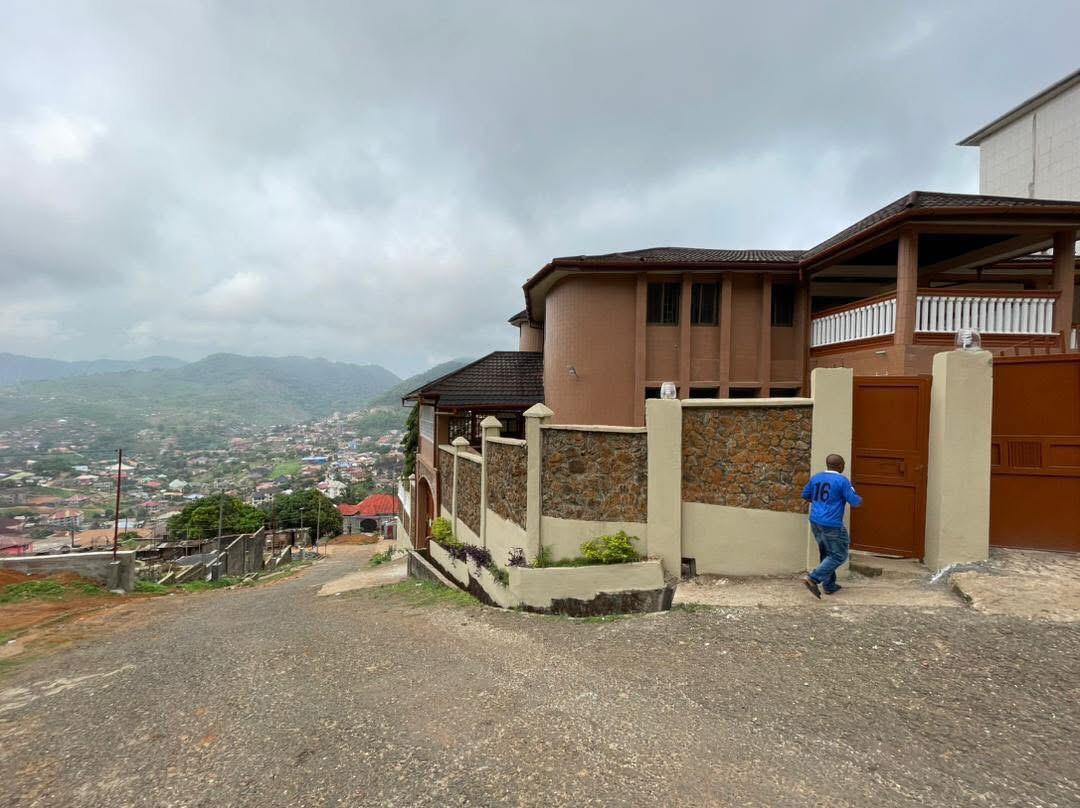How to Work with a Real Estate Agent as a Property Owner in Africa

Real estate transactions can be a complex process, especially in Africa, where varying regulations, cultures, and market dynamics play a significant role. Collaborating with a real estate agent is one of the most effective ways to navigate these intricacies. Whether you are a property owner looking to sell, lease, or manage your property, understanding how to work effectively with a real estate agent can save time, increase profits, and ensure a smooth process.
1. Understanding the Role of a Real Estate Agent
Before engaging an agent, it is crucial to understand their role in the real estate process. A real estate agent serves as a professional intermediary who helps property owners sell, lease, or manage properties. Their expertise includes:
- Market Knowledge: Agents understand the local market conditions, trends, and pricing strategies.
- Networking: They have access to a broad network of potential buyers, tenants, and other professionals such as surveyors and legal experts.
- Negotiation Skills: Real estate agents negotiate on your behalf to secure the best deals.
- Compliance: They ensure that your transactions comply with local laws and regulations.
2. Selecting the Right Real Estate Agent
Choosing the right agent is the cornerstone of a successful property transaction. Here are the key considerations:
a) Experience and Track Record
Look for agents with a proven track record in your specific market or property type. For instance, an agent with experience in luxury properties may not be the best fit for low-income rental housing.
b) Local Knowledge
An agent familiar with your area can provide insights into market trends, neighborhood amenities, and competitive pricing. This knowledge is invaluable in Africa, where property values can vary widely even within the same city.
c) Licensing and Credentials
Verify that the agent is licensed and affiliated with recognized real estate organizations. Membership in a professional body often indicates adherence to ethical standards and best practices.
d) References and Reviews
Ask for references or read online reviews to gauge the agent’s reputation. Speaking with previous clients can also give you an idea of what to expect.
3. Defining Your Goals and Expectations
Clear communication with your agent is essential for achieving your objectives. Define your goals and share them with the agent, including:
- Timeline: Specify how quickly you want to sell or lease the property.
- Price Expectations: Share your desired price range and be open to the agent’s input.
- Preferred Tenants or Buyers: If applicable, specify the type of tenants or buyers you’re targeting.
- Property Condition: Be transparent about any repairs or upgrades needed before listing the property.
4. Preparing Your Property
A well-presented property attracts more interest and better offers. Collaborate with your agent to:
a) Conduct a Property Assessment
The agent can help identify areas that need improvement, such as structural repairs, painting, or landscaping.
b) Stage the Property
Staging involves arranging furniture and decor to make the property more appealing to potential buyers or tenants. Agents often have connections with professional stagers who can enhance your property’s presentation.
c) Photography and Marketing
High-quality photos and videos are critical for online listings. Ensure your agent hires a professional photographer to showcase the property’s best features.
5. Marketing and Advertising
Marketing is a core responsibility of a real estate agent. Work with your agent to develop a comprehensive marketing plan that includes:
a) Online Listings
In Africa, platforms like Property24, Jumia House, and local classifieds are popular for property listings. Ensure your agent creates compelling and detailed online profiles for your property.
b) Social Media Campaigns
Social media platforms like Facebook, Instagram, and WhatsApp are widely used in Africa for property marketing. Collaborate on targeted campaigns to reach your desired audience.
c) Traditional Advertising
Depending on your market, traditional methods like newspaper ads, flyers, and radio announcements may still be effective.
6. Navigating Legal and Regulatory Requirements
Real estate transactions in Africa often involve intricate legal and regulatory processes. Your agent can assist with:
a) Title Verification
Ensuring that the property’s title is clear and transferable is crucial. The agent can connect you with legal professionals to verify ownership and resolve any disputes.
b) Drafting Agreements
Work with your agent and legal experts to prepare lease or sales agreements that comply with local laws.
c) Tax Compliance
Real estate transactions may involve taxes such as stamp duty, capital gains tax, or rental income tax. Ensure your agent advises you on these obligations.
7. Effective Communication and Collaboration
Building a strong working relationship with your agent requires open and regular communication. Keep the following in mind:
a) Set Clear Communication Channels
Agree on the best ways to communicate, whether through phone calls, emails, or in-person meetings.
b) Provide Timely Updates
Keep your agent informed of any changes to your property or objectives.
c) Seek Feedback
Request regular updates on marketing efforts, inquiries, and feedback from potential buyers or tenants.
8. Negotiating Offers
Negotiating the best deal is a critical stage in any real estate transaction. Your agent’s expertise can make a significant difference:
a) Evaluate Offers
Discuss the pros and cons of each offer with your agent. Consider factors beyond price, such as payment terms and buyer reliability.
b) Counter Offers
Work with your agent to draft counteroffers that align with your goals while remaining competitive.
c) Closing the Deal
Once an agreement is reached, ensure your agent coordinates with legal and financial professionals to finalize the transaction smoothly.
9. Ongoing Property Management
If you’re leasing your property, consider engaging your agent for property management services. These may include:
- Tenant Screening: Vetting potential tenants to ensure reliability.
- Rent Collection: Managing rental payments and addressing late payments.
- Maintenance Coordination: Handling repairs and upkeep to maintain property value.
10. Monitoring Performance and Results
Regularly evaluate your agent’s performance to ensure they are meeting your expectations. Key performance indicators include:
- Number of Inquiries: Track the level of interest in your property.
- Marketing Reach: Assess the effectiveness of advertising campaigns.
- Transaction Speed: Evaluate how quickly your property is sold or leased.
Working with a real estate agent as a property owner in Africa can simplify the complex process of selling, leasing, or managing your property. By selecting the right agent, setting clear expectations, and maintaining open communication, you can maximize your returns and ensure a seamless experience. Remember, the key to a successful partnership lies in mutual trust, collaboration, and a shared commitment to achieving your real estate goals.




